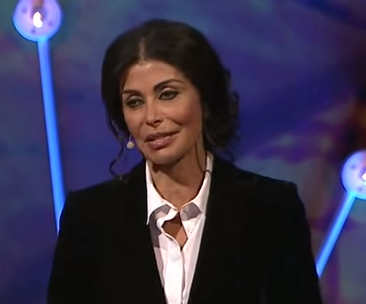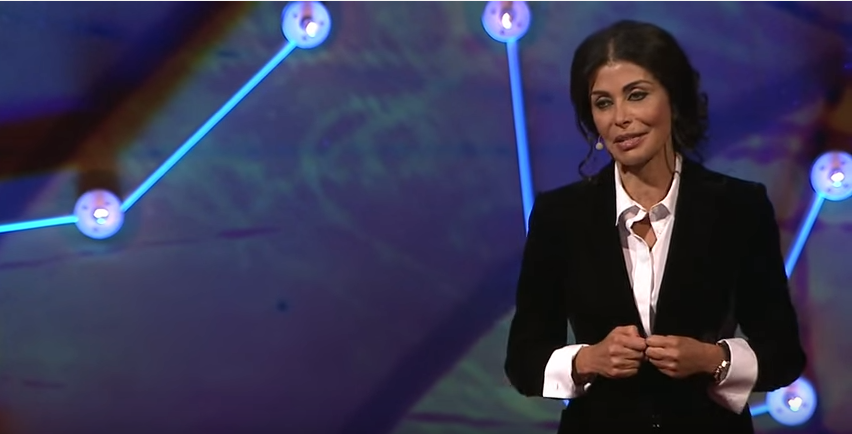Beirut Marathon: Out of tragedy comes a world class race

Story by Paul Gains
In a country that has endured a share of tragedy the Banque du Liban Beirut Marathon has put Lebanon on the international sporting map.
Now into its thirteenth year, the race has been awarded an IAAF Silver Label thanks to the efforts of a motivated team of individuals. The catalyst, inarguably, has been May El-Khalil, the founder and president of the Beirut Marathon Association.
While out training for the Dubai Marathon in 2001 she was hit by a truck. The accident left her in a coma and although she has recovered, she is unable to run. That catastrophe provided the impetus for the founding of the Beirut Marathon.
“Soon after waking up from the coma and during my stay at the hospital, the only thought that kept me excited and hopeful was the idea of creating an international running event for Lebanon,” El-Khalil recalls. “ If I was not able to run again, I wanted others in my country to know the rush of being part of a large-scale running event, to share all the inspiration and positive feelings that result from such an experience.”
RELATED: Paula Radcliffe ambassador at Beirut Marathon
“This was my big dream: to bring my country together, to concentrate on something much bigger than myself and my pain,” she says.
More than 6,000 runners lined up for that 2003 initial event. A year ago, that number had reached 37,000. El-Khalil and her team have launched other projects which are aligned with the marathon including races for children and women-only events. Indeed, their management services have stretched to more than fifty regional events.
El-Khalil also points to a grassroots project called Beirut 542 which helps first-time marathoners prepare adequately for their first marathon. A year ago, 38 of 39 runners who had enrolled in the program successfully completed the distance.
As the notoriety of the Beirut Marathon spreads, the caliber of athletes continues to improve. In 2011, Tariku Jufar of Ethiopia set the course record of 2:11:13. Last year his compatriot, Muluhabt Tsega Chekol set the women’s course record of 2:29:15. This year’s field could challenge those records on November 8.
To an international audience, it’s the success of the marathon that has underscored the Lebanese people’s struggle for peace and a desire to be recognized for something other than a torrid history.
“The marathon has been helping for the past 13 years in linking the name of Beirut with a marathon and not with war and with conflict,” El-Khalil says. “In all our international communications we show the side of Beirut that is vibrant and alive.”
A year ago, the great Ethiopian runner, Haile Gebrselassie acted as an ambassador for the marathon. The women’s world marathon record holder, Paula Radcliffe, will be on site this year. Their presence reaffirms the growth that has taken place in the Lebanese capital.
“The first race showed that everyone was looking for a way to participate in a national event that did not fall under any specific political affiliation,” El-Khalil says. “People were willing to leave their differences behind and to come run together through the culturally diverse neighborhoods of the city and its vicinity.
With such an enthusiastic woman of distinction at the helm can it be too much longer before Beirut joins the super elite of world marathons?


